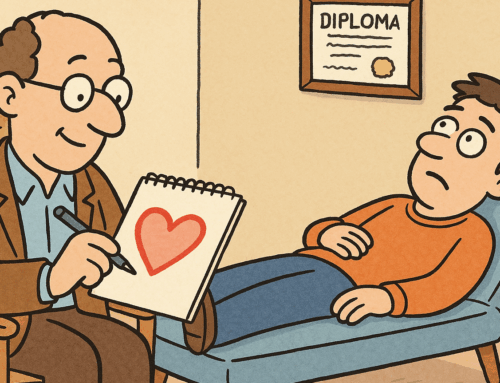Books are Empathy Engines
by M.T. Bennett
“A reader lives a thousand lives before he dies. The man who never reads lives only one.” -George R.R. Martin
I. Love. Reading.
My parents read to me a lot and instilled a love of books in me at an early age. I was definitely the child who hid under their covers with a flashlight to read late into the night. As a father now myself, I have a hard time being upset when I catch my six-year-old doing the same thing. Books transport us, they increase our imagination, and they let us experience things beyond ourselves. When I got married I read my wife’s favorite book, East of Eden. It is a sweeping multigenerational tale by John Steinbeck, and when I finished the book I just sat there and thought, “Wow…I have lived LIFETIMES.”
I love reading so much now that one of my favorite hobbies is reviewing books. It was a huge day for me in graduate school when I learned that academic journals and other publications will send you books for free. All you have to do is read it and write your honest thoughts about it.
Reading Makes You Kinder
Books teach us, they inspire us, they let us escape, they move us emotionally, and they shift our mindsets. But did you know that books can also make you kinder?
Chris Reddell, a UK Children’s Laureate said, “Books are engines for empathy. They allow us to see through the eyes of others. By transporting us to other worlds they help us to understand our own.”
Research has shown that books, especially fiction, increase empathy in individuals. The theory is that “people who read a lot of fiction become more empathic, because fiction is a simulation of social experiences, in which people practice and enhance their interpersonal skills.” (Bal & Veltkamp, 2013). Other research has demonstrated that just reading Harry Potter (the most banned book of the early 2000’s), reduced prejudice and increased empathy towards marginalized and stigmatized groups (Capozza & Giovannini, 2014).
Reading allows us to experience counter-narratives, to learn about other cultures in the safety of our homes where we don’t worry about a cultural faux pax. Reading can challenge us, make us uncomfortable, and go against previously held beliefs or prejudices.
Most of the research seems to say that stories change people better than information. But…I also really like factual information. I like books with data, numbers, and citations. Many of these have changed my life and impacted me deeply. As I was dealing with my dilemma, I realized…this is why authors always put anecdotes in their books; their stories illustrate the concepts they are teaching at an emotional level.
While there is no research, I feel like marrying data and evidence to a supporting story is incredibly effective in changing people’s views. This makes me feel less good about all my dry, detailed academic work published in journals. While it has the evidence plainly laid out to support its claims, it isn’t effective. According to boring research, a compelling narrative is more compelling in changing people’s beliefs than a boring research article, which is quite ironic if you think about it.
Other media like movies, plays, or video games may help us experience other’s viewpoints. However, and this is totally anecdotal, I feel that books are particularly successful because of the time needed to digest and process them. A majority of books cannot be read in the time it takes to watch a movie, and there is the oft-repeated phrase, “The book was better than the movie.” When we read, we are slower, more deliberate, we can stop and ponder, and we use our own minds and imaginations to place ourselves in the mindset and feelings of the characters or author.
Keep Reading Often
But how long does the benefit of reading a book last? Have you ever read something that felt truly life-changing only to struggle to remember the whole point of it a year later?
In a study of readers for The Omnivore’s Dilemma, which sought to change attitudes and behaviors regarding food, researchers found that the effect only lasted a year (Hormes et al., 2013). Now, being kind is different than changing one’s whole diet, but does this mean that our newfound goodwill and kindness will only last a year?
If that’s true, the solution is simple. Just keep reading at least one book on kindness a year. Repeated exposure is vital to setting new habits and establishing new attitudes.
But how will you find that many good books on kindness? Thankfully, I have the answer!
Recommendations for Reading
To help facilitate repeated exposure to books on kindness, I have been curating a list of books at One Kind Act a Day that we recommend. We also work with a lot of schools and are often asked for good recommendations for book clubs, classrooms, and libraries. You can follow us on our Goodreads page to get the most up-to-date information about our books, even seeing how far along members of our team are in their reading.
For child level readers, check out these recommendations
For middle level readers, here are some good books
For adult level readers, these are some of our favorites.







